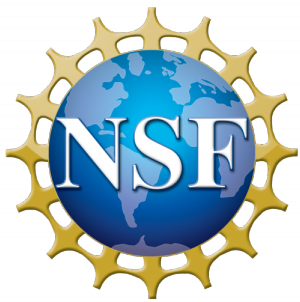January 1st, 2007 | RESEARCH
What if every kid had access to a real workshop? Like the ones in the corners of garages across the country: a basic array of tools, bits and pieces of hardware, piles of scrap materials and fasteners, plus stacks of unsorted boxes containing the remnants of projects gone by. Visualize also that the workshop held a few musical instruments-guitars, a keyboard, some percussion-as well as art supplies: markers, paints, clay, and the tools to shape it, ribbons glitter, beads, fabric, etc. n top of this, picture the workshop having a few hands-on exhibits to explore and manipulate-a vacuum chamber, a Van de Graff generator, a stripped-down motor-and even a few small pets and planter boxes. Finally, what if this workshop was open to all kids in the community and they could freely gather there after school and work on projects of their own choice? Sounds like an educational dream? To me it does, and I have been running one in Watsonville, California, for the last ten years.
Document
(no document provided)
Team Members
Curt Gabrielson, Author, The Watsonville Environmental Science WorkshopCitation
Publication: Hand to Hand
Volume: 21
Number: 3
Page(s): 4
Related URLs
Community Science Workshops: Beginning a National Movement
https://www.watsonvillescienceworkshop.com/
Full Text
Tags
Audience: Elementary School Children (6-10) | Middle School Children (11-13) | Museum | ISE Professionals | Youth | Teen (up to 17)
Discipline: Art | music | theater | Education and learning science | Engineering | General STEM | Technology
Resource Type: Peer-reviewed article | Research Products
Environment Type: Making and Tinkering Programs | Public Programs

